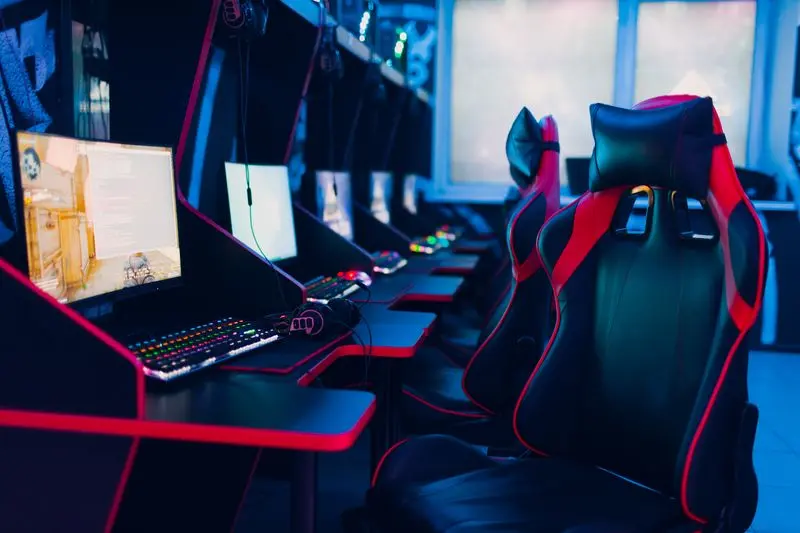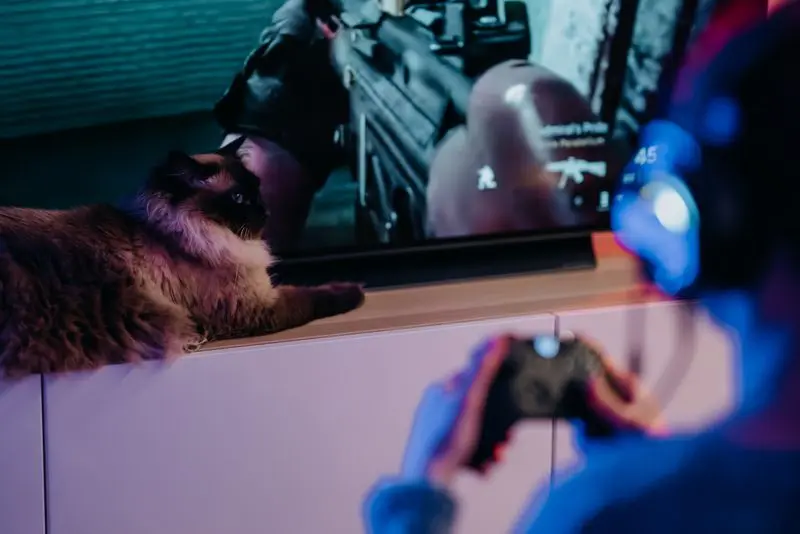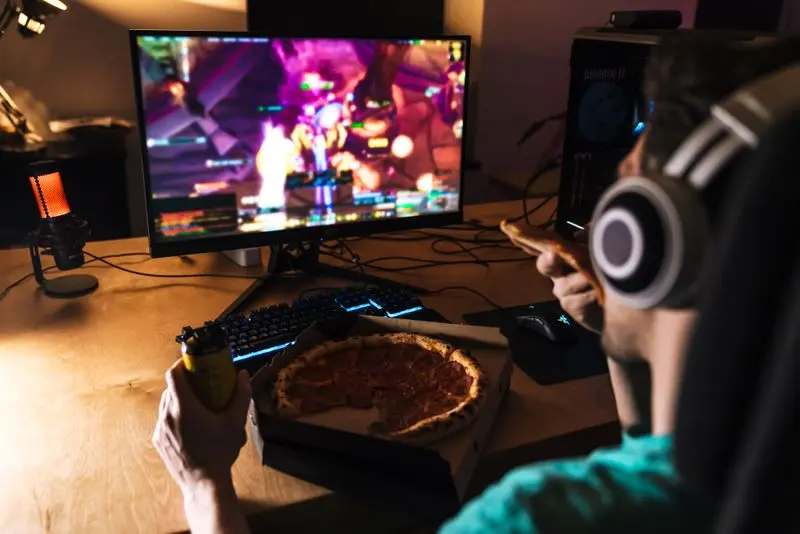the impact of gaming communities on player experience and mental health
Opinino
By published

The Impact of Gaming Communities on Player Experience and Mental Health
In the digital age, gaming has evolved from a solitary pastime into a vibrant social activity, thanks in large part to the rise of gaming communities. These communities, whether formed around specific games, genres, or platforms, play a significant role in shaping player experiences and influencing mental health outcomes. Understanding this impact is crucial for gamers, parents, and industry stakeholders alike.
The Positive Influence of Gaming Communities
Gaming communities offer a sense of belonging and camaraderie that can enhance the overall gaming experience. They provide spaces where players can share strategies, celebrate achievements, and engage in friendly competition. This social interaction can lead to the development of meaningful friendships and support networks that extend beyond the virtual world.
Social Connectivity: For many, gaming communities serve as a primary source of social interaction. They enable individuals to connect with others who share similar interests, regardless of geographical boundaries. This connectivity can alleviate feelings of loneliness and isolation, particularly for those who may have difficulty forming relationships in traditional social settings.
Skill Development and Collaboration: Collaborative gameplay often requires teamwork, communication, and problem-solving skills. Engaging with others in gaming communities can enhance these abilities, which are transferable to real-life situations such as school or the workplace.
Emotional Support: Communities can offer emotional support during challenging times. Sharing experiences and receiving encouragement from peers can boost self-esteem and provide a sense of validation.
Challenges and Potential Negative Impacts
While gaming communities have numerous benefits, they can also present challenges that may negatively affect mental health.
Toxicity and Harassment: Some gaming environments are plagued by toxic behavior, including bullying, harassment, and discrimination. Exposure to such negativity can lead to increased stress, anxiety, and a diminished sense of well-being.
Addictive Behaviors: The immersive nature of games and the desire to remain connected with community members can contribute to excessive gaming. This may lead to neglect of personal responsibilities, social withdrawal, and other symptoms associated with gaming disorder.
Pressure to Perform: Competitive gaming communities may foster a culture where high performance is expected. This pressure can result in stress and burnout, especially among younger players who may struggle to balance gaming with other aspects of life.
Balancing Engagement and Well-Being
To maximize the positive aspects of gaming communities while mitigating potential downsides, players and those around them can adopt several strategies.
Setting Healthy Boundaries: Establishing limits on gaming time ensures that individuals maintain a balanced lifestyle. This includes allocating time for physical activity, face-to-face social interactions, and other hobbies.
Choosing Positive Communities: Actively seeking out and participating in communities that promote inclusivity and respect can enhance the gaming experience. Many platforms have moderation policies in place to curb toxic behavior.
Open Communication: For younger gamers, open dialogues with parents or guardians about gaming experiences can help identify and address any negative impacts early on.
Mindfulness and Self-Care: Being aware of one's emotional state while gaming can help in recognizing when it might be time to take a break. Practicing self-care routines can alleviate stress and improve overall mental health.
The Role of the Gaming Industry
Game developers and platform providers have a responsibility to foster healthy communities.
Implementing Robust Moderation Tools: Providing tools to report and manage toxic behavior can help maintain a positive environment.
Promoting Positive Gameplay Mechanics: Designing games that encourage cooperation and positive interactions can reduce instances of negativity.
Supporting Mental Health Initiatives: Collaborating with mental health organizations to provide resources and support for players can make a significant difference.
Conclusion
Gaming communities significantly influence player experience and mental health, offering both opportunities for positive social interaction and potential challenges. By being mindful of the dynamics within these communities and taking proactive steps to engage positively, players can enjoy the benefits while safeguarding their well-being. The collective effort of gamers, industry stakeholders, and the wider community is essential in shaping a gaming culture that promotes mental health and enriches the lives of all participants.



